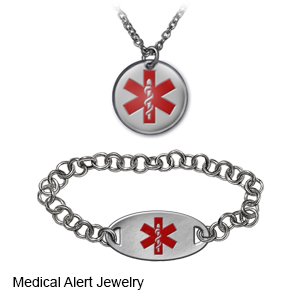Narcolepsy
Medically reviewed by Drugs.com. Last updated on Aug 4, 2025.
AMBULATORY CARE:
Narcolepsy
is a sleep disorder that causes severe sleepiness and frequent sudden daytime attacks of sleep. Narcolepsy can cause you to fall asleep at any time but can keep you from sleeping well at night. You do not get enough sleep in a 24-hour period. The cause of narcolepsy is not known.
Common symptoms include the following:
- Restless sleep
- Severe sleepiness during the day
- Sudden loss of muscle strength (cataplexy)
- Not being able to move or speak when you fall asleep or first wake up (sleep paralysis)
- Hallucinations caused by dreaming while you are not fully asleep
Call your doctor if:
- Your symptoms interfere with your daily activities.
- You are not able to sleep well at night, even with treatment.
- You have questions or concerns about your condition or care.
Related medications
Treatment options
The following list of medications are related to or used in the treatment of this condition.
Medicines:
- Medicines may help keep you awake during the day or help decrease your symptoms.
- Take your medicine as directed. Contact your healthcare provider if you think your medicine is not helping or if you have side effects. Tell your provider if you are allergic to any medicine. Keep a list of the medicines, vitamins, and herbs you take. Include the amounts, and when and why you take them. Bring the list or the pill bottles to follow-up visits. Carry your medicine list with you in case of an emergency.
Manage your symptoms:
- Take naps. This can help control your narcolepsy. Take 20-minute naps at the same times every day. One long nap in the afternoon may also help.
- Keep a sleep schedule. Go to bed and get up at the same times every day.
- Do not drink alcohol, caffeine, or use tobacco. These can interfere with your sleep and make your symptoms worse.
- Exercise regularly at least 4 hours before you go to bed. Exercise helps you stay awake during the day and sleep better at night. Ask about the best exercise plan for you.

Wear medical alert identification:
Wear medical alert jewelry or carry a card that says you have narcolepsy. Ask your healthcare provider where to get these items.
 |
Follow up with your doctor as directed:
You may need to see a sleep specialist. You may need to come in up to 4 times each month for treatment. Write down your questions so you remember to ask them during your visits.
© Copyright Merative 2025 Information is for End User's use only and may not be sold, redistributed or otherwise used for commercial purposes.
The above information is an educational aid only. It is not intended as medical advice for individual conditions or treatments. Talk to your doctor, nurse or pharmacist before following any medical regimen to see if it is safe and effective for you.
Learn more about Narcolepsy
Treatment options
Care guides
Symptoms and treatments
Medicine.com guides (external)
Further information
Always consult your healthcare provider to ensure the information displayed on this page applies to your personal circumstances.
